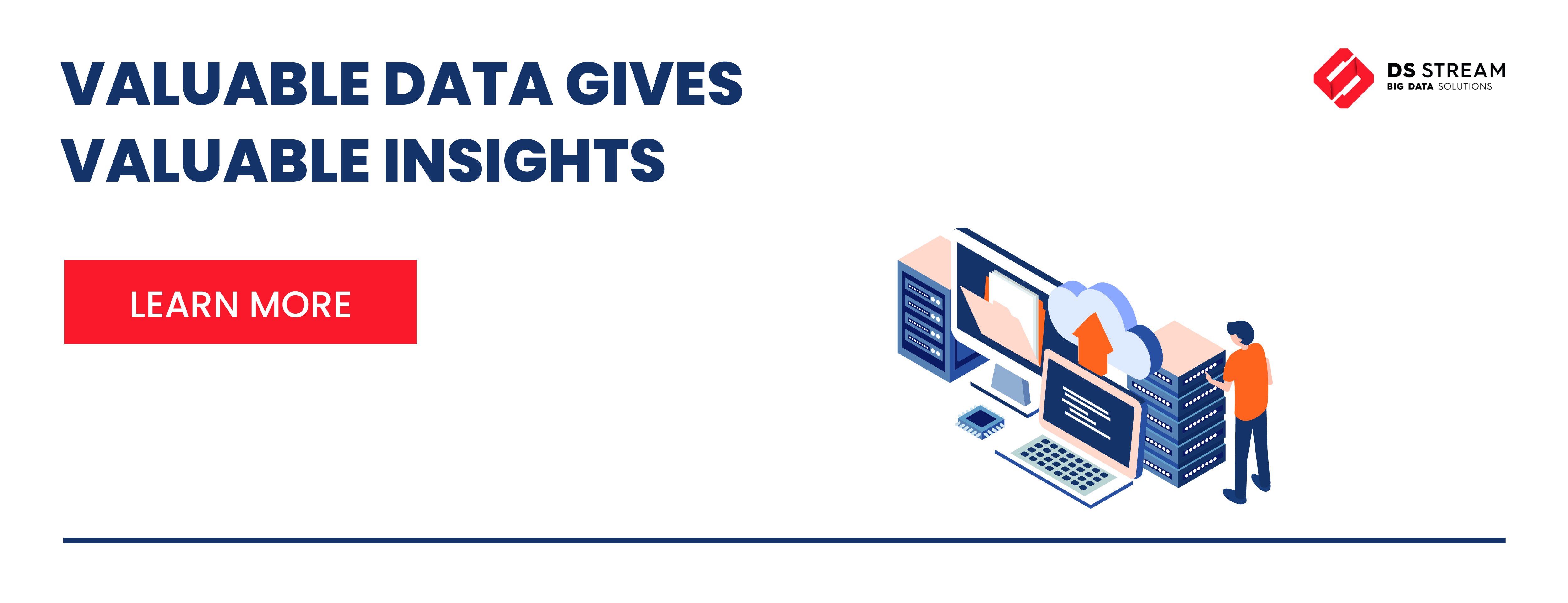
-
6 May 2022
- Cloud Computing
If you are planning to start your own software or application development, you have some important decisions to make – selecting the right type of storage solutions is one of them. Our comparison of relational vs non-relational databases can help you pick the most suitable database. Read this article to make an informed choice.
There are multiple storage solutions available for those who are about to build their own piece of software or an application. What is the difference between non-relational and relational databases, and which one is better for your current project? Each has its strong and weak sides, of course. We’ll provide you with the essential information about both of them and we believe that after reading our article your relational vs non-relational database dilemma will disappear, and you will easily pick the best solution.
What are non-relational databases?
When we think about databases, we usually imagine tables – rows and columns filled with data, which can be analyzed and interpreted by a human. A non-relational database is actually totally different from such an image. It does not use a tabular schema. Instead, it leverages a storage model optimized for the specific requirements of the type of data gathered in it.
Advantages of non-relational databases
In order to provide you with a reliable comparison of relational vs non-relational databases, we will consider both the weaknesses and strengths of each solution.
The benefits of non-relational database are:
- Data model flexibility – you can use this database to deal with any type of information (both structured and unstructured). You can also update the schema of your database if your requirements change, without negative effects to the application’s performance.
- High scalability – NoSQL databases can be scaled to any capacity easily while maintaining low costs.
- Great performance – it is efficient in terms of throughput and latency. If you choose this type of database, you make sure that responses to user requests will be swift.
- High functionality – if you are looking for the database for real-time web apps, online shops, online gaming, IoT and any other projects that require extremely large data storage, NoSQL databases are the best choice. They have a big capacity.
Drawbacks of non-relational databases
Non-relational databases have their weak sides, as do any other solutions:
- No standardization – non-relational databases provide you with a lot of flexibility, but they may also be challenging. There are no specific standards for NoSQL databases. Design and query language solutions may differ a lot among the available storage solutions of this type available.
- Duplications – NoSQL will probably not inform you that you’re attempting to repeat an entry, even if the first attempt was successful. This increases the risks of data duplication.
- Few backup solutions – by default, most non-relational databases don’t come with mature backup tools. Those that you may find in NoSQL storage may not be good enough to rely on.
Relational databases – what do you need to know?
A relational database is much more similar to the typical image of a database. It is based on a relational model. The data stored in it are presented in tables. Each row of a table has a unique ID, and the attributes of the data are in the columns. This way the relations among data points are easy to understand.
Advantages of relational databases
In order to choose between relational and non-relational databases, learn more about the benefits of a relational database:
- Acceptable performance – even though relational databases are not the fastest type of storage solutions, thanks to their simplicity, they can do just fine in terms of speed , and you can leverage some methods to further optimize them.
- Accessibility – for most databases, users have to follow a specific path in order to get to the data. This is not necessary in relational databases. Viewing and modifying datasets is easy and doesn’t take a lot of time.
- Improved security features – an administrator can prevent users from accessing specified tables. Access can be protected with username and password.
- Data integrity – relational databases leverage a special collection of techniques that enforce data integrity.
Drawbacks of relational databases
There are also some disadvantages of relational databases to consider:
- Structure limitation – relational databases are limited in terms of the types of data that can be stored in them. In practice, that means that if you try to enter information that cannot be processed and stored in a specific database, you may lose some valuable data.
- Time-consuming maintenance – maintaining a relational database may become difficult over time because of the increasing amount of data stored in it.
- Lack of scalability – SQL databases are not really known for their scalability. Huge amounts of data negatively affect their performance.
Relational vs non-relational databases – comparison
Let’s finish the comparison of relational vs non-relational databases by pointing out the most important differences between non-relational and relational databases:
- Relational databases work with structured data, while NoSQL storage can deal with both structured and unstructured data (so basically, all types of Big Data).
- SQL databases have predefined schemas and NoSQL data storage has dynamic schemas that allow them to deal with unstructured data.
- Relational databases are table oriented, and NoSQL databases are document-oriented.
- The relationship-based model of relational databases supports a high level of accuracy and data integrity. If you choose to use a non-relational database, there is a risk of data duplication.
- Non-relational databases are highly scalable, flexible, and performative. At the same time, maintaining relational databases may become a problem over time.
Things to consider before selecting the database for your project
The choice of the right database type may determine your digital product’s success. Before you select your solutions, you should carefully consider your project’s requirements. Ask yourself several questions before making your final choice.
What type of data will you work with?
Think of all the types of information that you will process. Will you mainly deal with structured or unstructured data? If your data may not fit in columns and rows, perhaps you should pick a more flexible, non-relational database. It will also be the better choice if you plan to analyze real-time data. If you’d rather work on historical information, you can select a relational database
How much data will you process?
If you already know that you’re going to work with massive datasets, you should probably select a non-relational database. Ask yourself if you are planning to scale your application. If your digital product is about to grow in the future, it will probably be processing more data and in that case, you should also consider choosing a NoSQL database. In comparison, relational databases will perform well on small or medium datasets.
What are your resources?
You need a certain budget and a team of experts to efficiently set up and maintain your database. You don’t need many specialists to work with an SQL database. NoSQL database management may require a bit more programming knowledge (for example, knowledge of query languages other than SQL).
Don’t hesitate to ask us for more information about relational and non-relational databases. We’ll be happy to help!



